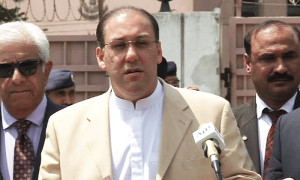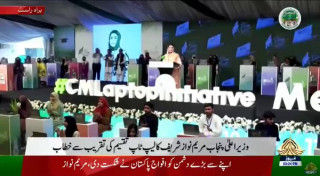RiazHaq
Senator (1k+ posts)
Top economists have now joined the rapidly growing ranks of Indian writers, historians and other intellectuals warning Modi government of the negative consequences of rising intolerance for the entire nation.
The Wall Street Journal reported that India's chief central banker Raghuram Rajan "made an unusual appeal for tolerance in a speech Saturday, triggering a debate about whether he was trying to send a message to the country’s leaders". “The first essential is to foster competition in the market place for ideas,”
Gov. Rajan told students at his alma mater, the Indian Institute of Technology in New Delhi. “Without this competition for ideas, we have stagnation.”
Arun Shouri, BJP leader who has previously served as a federal minister and worked as World Bank economist, joined the criticism of the Modi government when he said: "there is clearer belief (in the Modi government) that managing the economy means managing the headlines and this is not really going to work.” He said the NDA government was essentially “the Congress plus a cow”, in an apparent reference to the violence against minorities and killings of Muslims accused by the Sangh Parivar activists of consuming beef.
Ratings agency Moody's has also weighed in with its own warnings saying that "in recent times, the government also hasn't helped itself, with controversial comments from various BJP members. While Modi has largely distanced himself from the nationalist jibes, the belligerent provocation of various Indian minorities has raised ethnic tensions.
"Along with a possible increase in violence, the government will face stiffer opposition in the upper house as debate turns away from economic policy. Modi must keep his members in check or risk losing domestic and global credibility," Moody's said.
While the chorus of criticism of Modi's government has been rising in recent weeks, what is different is that the economists' warnings are inspired by practical economic concerns rather than the moral dimensions of the Hindu militancy in Modi's India.
What Mr. Narendra Modi must realize is that it is hard to reverse the real damage to the nation once the forces of bigotry and intolerance are unleashed. The difficulty he faces is the lack of his moral authority with his Hindu Nationalist power base given his own track record as the chief executive of Gujarat for many years that include the 2002 anti-Muslim pogrom on his watch.
Source
Last edited by a moderator:

































